When parents aren’t right there. Barbara Kowalewska writes about ‘Los Lobos’ and ‘Sisters: The Summer We Found Our Superpowers’
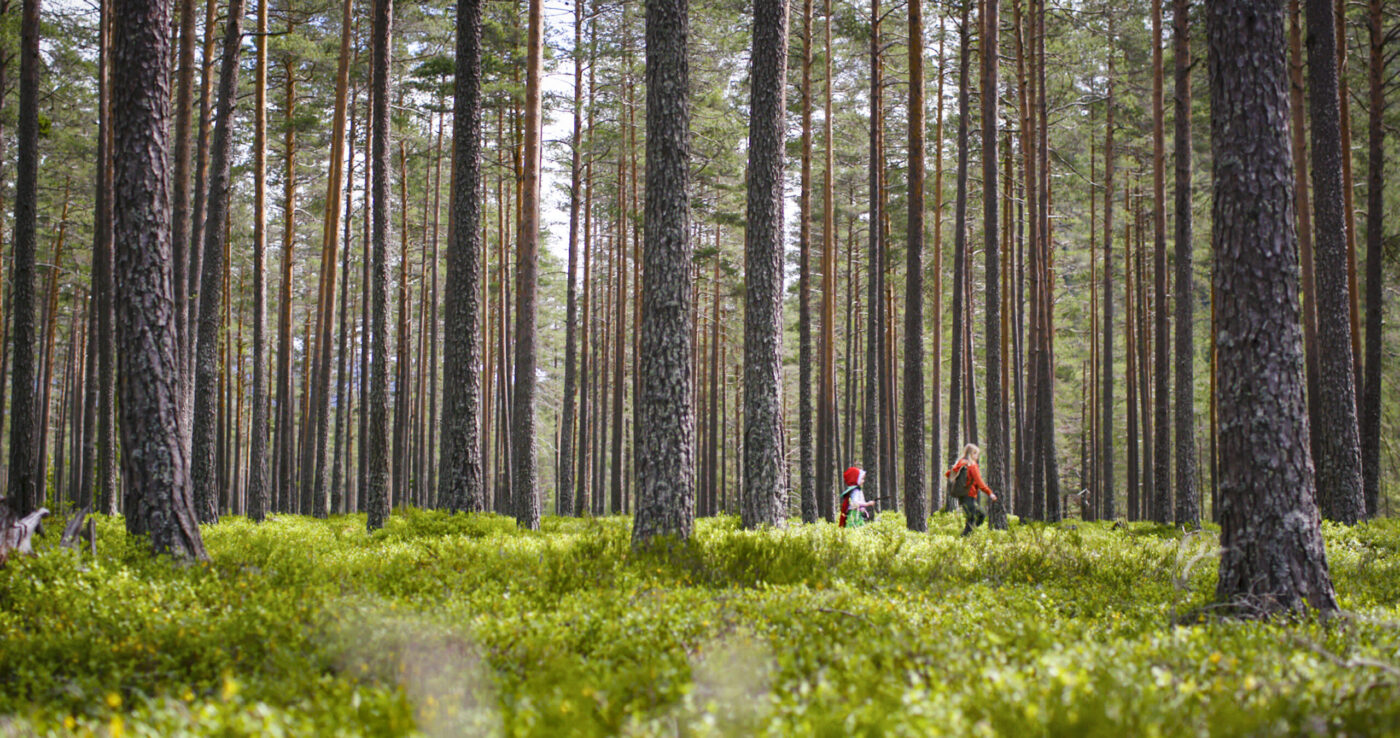
We care for children because we want what’s best for them. Depending on their age and abilities to cope with difficulties, we allow them to act independently. But what if life suddenly puts them in a challenging situation and the parents aren’t there to help? That’s what happens to the child protagonists of two festival films: Mexican ‘Los Lobos’ and Norwegian ‘Sisters: The Summer We Found Our Superpowers’. How did they manage to get through?
Survival as the Protagonists’ Main Task
The Norwegian production revolves around two girls whose father had a serious accident when hiking in the mountains and broke his leg. He fell into a crack, smashed his phone (looking at all kids who think that smartphones solve every problem), and found himself stranded at least one day walk away from any human settlements. His daughters need to set off on a long hike through the mountains to find a farm where they can seek help. They’ll eventually get lost, sleep in the woods and face hunger and fear.
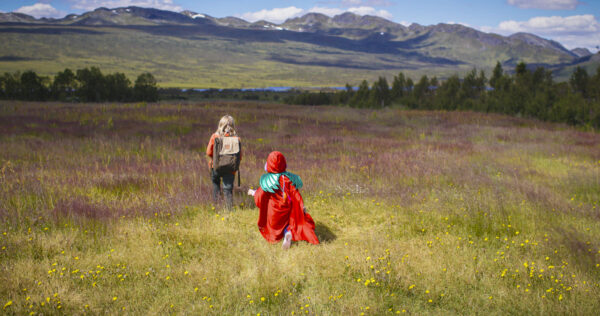
In ‘Los Lobos’ we see two little boys whose mother takes them across the American border to escape domestic violence. She rents a small, dirty apartment and tries to start a new life while working all day long and leaving her sons all alone in a makeshift new home. Their neighbourhood is filled with people with a questionable reputation and those who barely make ends meet. The children aren’t allowed to leave the apartment, so they feel bored, hopeless and scared.
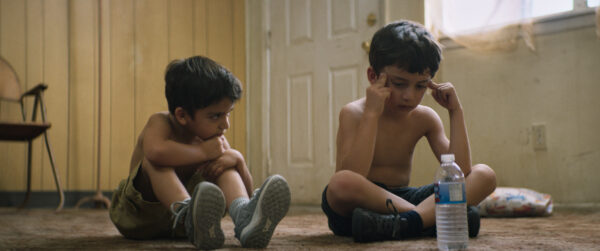
Hero Skill Set
What should a hero be equipped with to succeed? That’s the question asked by both the authors of traditional fairy tales as well as the creators the films in discussion. The key to dealing with challenges is the message we get from others. In the Norwegian picture, everything that the father does with his daughters during their trip – pitching a tent, crossing a bridge over a precipice, climbing a tree, fishing with bare hands, and, most importantly, reminding them that if we really want something, we can make it happen – is supposed to strengthen their faith in their own skills. “It’s better to have a map than not to have one,” says little Billie to her older sister. And don’t think that a map doesn’t help you get where you want to go.
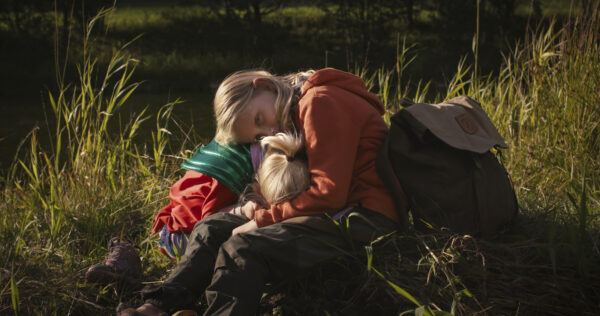
The characters in the Mexican movie don’t have much – their mother gave them seven rules recorded on an old tape recorder which they have to follow in her absence. The first one is: “We don’t leave the house”, the last one: “We don’t cry”. This principle is framed in a metaphor that they’re wolves, and wolves don’t cry but howl, bite and defend their home. Although it’ll be difficult for these two wolves to follow all the rules, they will remember that they are wolves, that they’re able to get through things, even when they’re scared and their hideout is no longer completely safe.
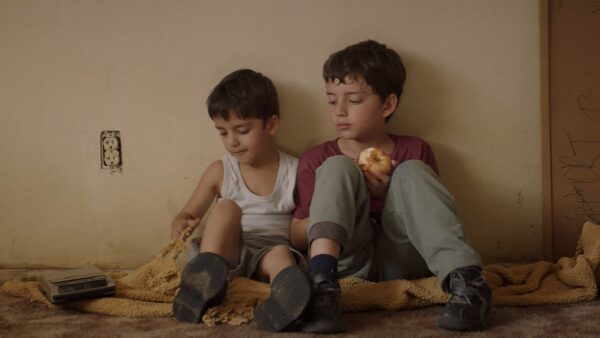
Where Do Magical Powers Come from?
A Jewish-French neuropsychiatrist names Boris Cyrulnik, who was hiding from the Nazis when he was only a few years old and survived his parents’ death, claims that if a child experiencing trauma is to survive, they need to dream. Dreaming is the most important skill a hero can possess. “We will save you, dad,” says little Billie. Even though in the moment of hopelessness, the older, rational sister yells at her that magic doesn’t exist, she calmly answers calmly that it exists if you believe in it.
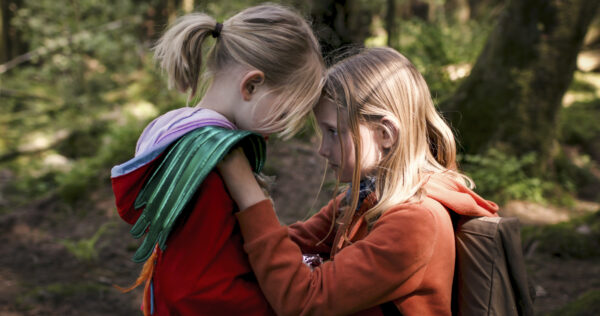
The young wolves also summon magic by drawing their wolf portraits on the wall and bringing them to life with their imagination. The howling of the wolves can help them feel less scared when the world outside is unfamiliar and threatening. When you’re confined to solitude within four walls, you can easily go crazy if you don’t have any dreams, such as, for example, going to Disneyland. The only thing you have to do is learn a few phrases from an English dictionary, namely “We want to go to Disneyland” and “One ticket, please”. As it is in old fairy tales, the hero has to complete a task to receive a prize.
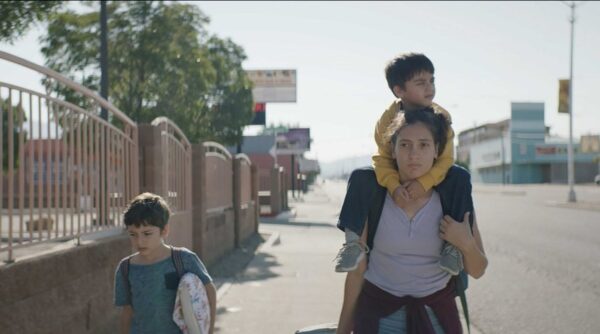
The Hero’s Journey
The world as we know it is falling apart, so it’s necessary to set off on a journey. When all adults hit the bottom or feel overwhelmed with their lives, growing up faster is key for survival. Surely nothing will be the same anymore, but if the hero gets their magic skill set and experiences at least a little kindness from others on their way, they will come out unharmed and reach “the other kingdom”. In both films, children learn that there’s more to the world than only their parents – other people and new ways of dealing with life.
Out of these two productions, the Mexican one will be more appealing to older teenagers and adults – because of its thematic focus, sparse dialogues, the claustrophobic world built with cinematic means, and accuracy in rendering a child’s way of thinking. The Norwegian film is a good lesson in survival for a younger audience, because despite the extreme situation, the road to rescue is shown rather as an adventure and a continuation of the trip with the father. Because of that, even younger viewers can safely get used to the idea of letting go of the parent’s hand.


